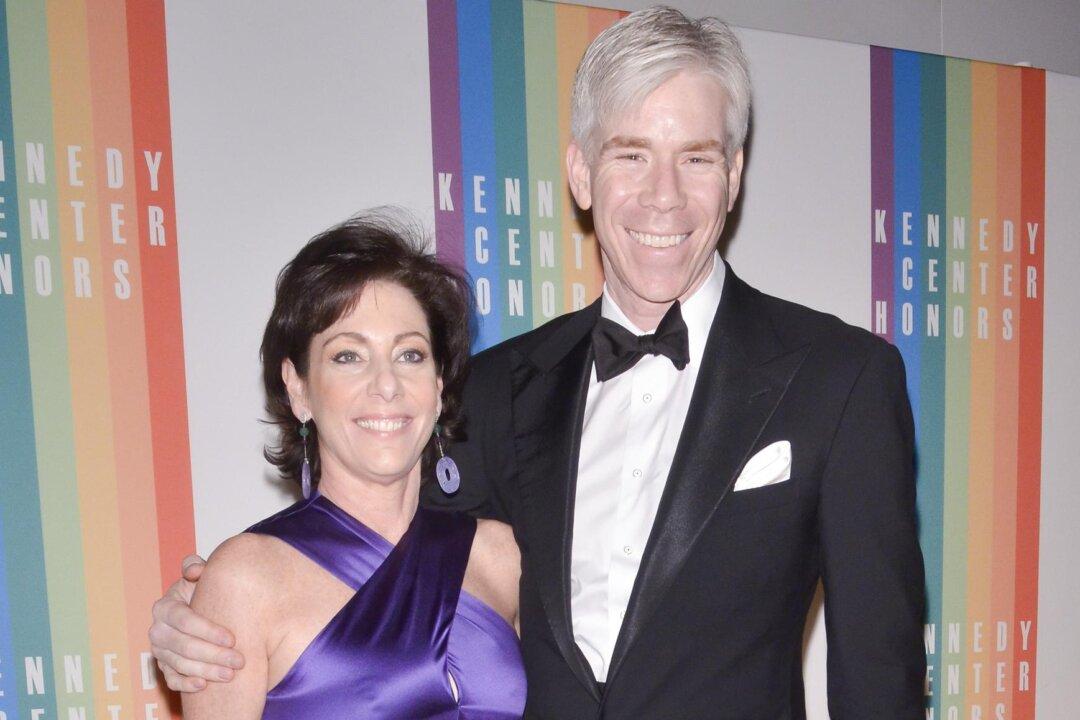District Judge Emmet Sullivan, who presides over the case of former Trump adviser Michael Flynn, has hired a high-profile Washington attorney to represent him before the District of Columbia appeals court, a person familiar with Sullivan’s decision confirmed to The Epoch Times.
Sullivan hired Beth Wilkinson after the higher court ordered him on May 21 to respond within 10 days about why he hasn’t approved the Department of Justice’s (DOJ) motion to drop the retired Army three-star general’s case.





